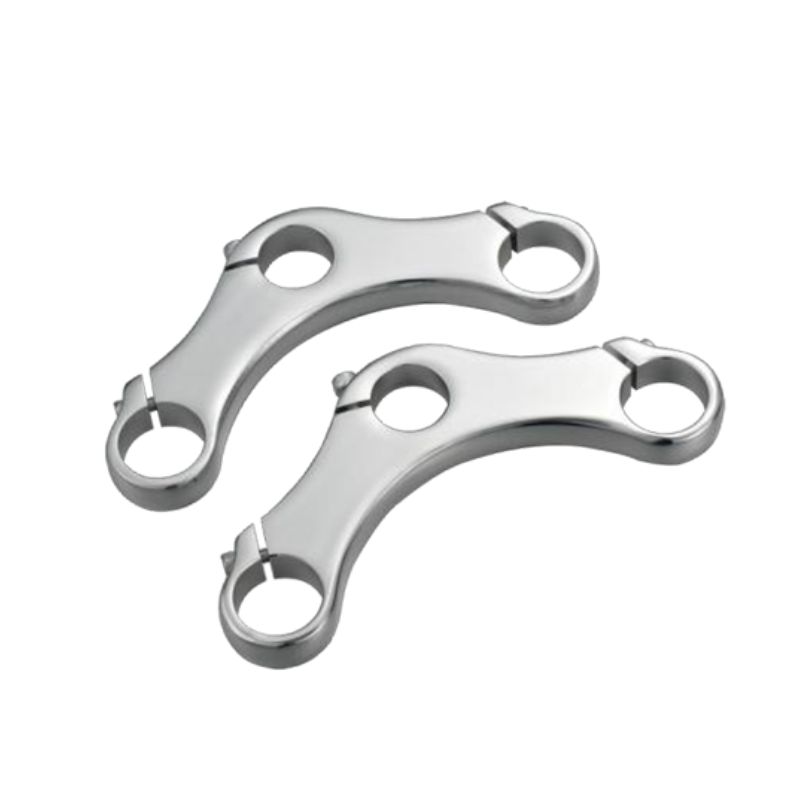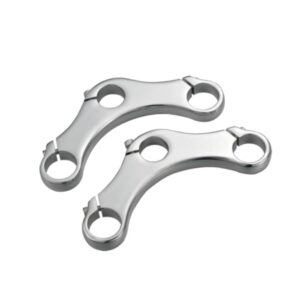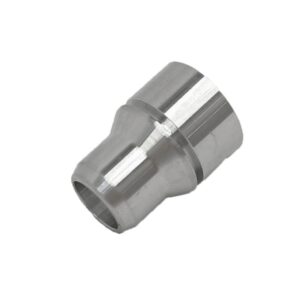Aluminum forging is a critical process in the production of high-strength, lightweight components used across various industries, from automotive to aerospace. MINGYU Tech, a leading forging industry player with 17 years of expertise, excels in delivering high-quality forged aluminum products. This article explores the intricate manufacturing process of aluminum forging, highlighting the steps involved, the technology used, and the importance of precision in achieving superior outcomes.
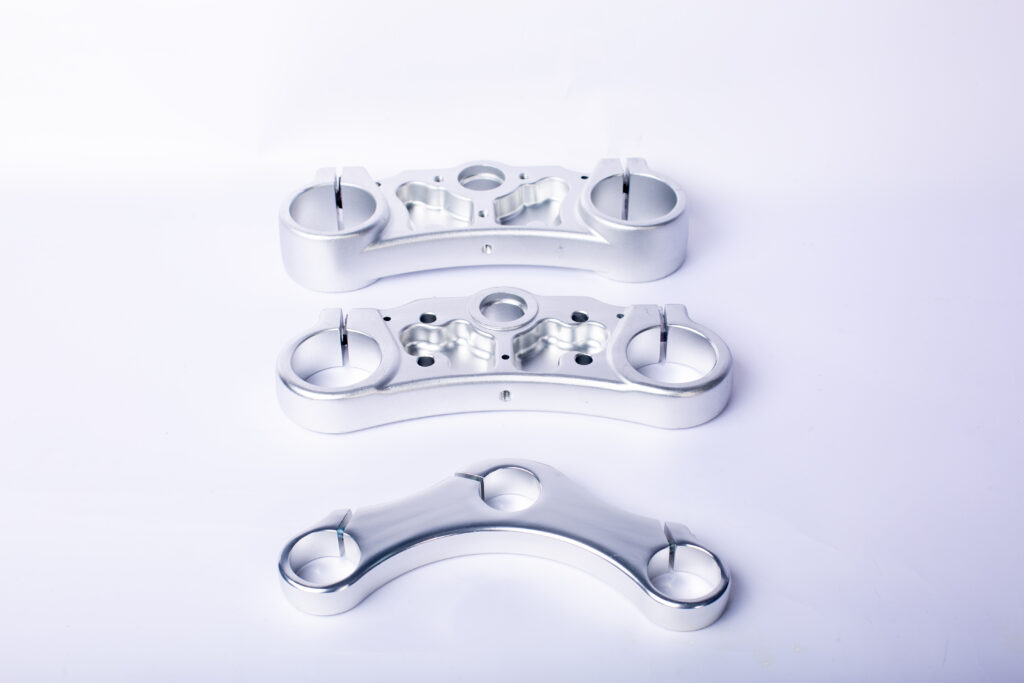
Part I-The Basics
What is Aluminum Forging?
Aluminum forging involves shaping aluminum alloys using localized compressive forces. The process typically takes place at high temperatures, making the metal more malleable and easier to shape. Forged aluminum parts are known for their enhanced mechanical properties, such as improved strength, durability, and resistance to wear and corrosion.
Advantages of Forged Aluminum
Forged aluminum offers several advantages over other manufacturing methods, including:
Strength and Durability: Forging aligns the grain structure of the aluminum, enhancing its strength and durability.
Lightweight: Aluminum is inherently lightweight, making it ideal for applications where weight reduction is crucial.
Precision: Forging allows for tight tolerances and precise shapes, reducing the need for extensive machining.
Versatility: Suitable for various applications, including automotive, aerospace, and industrial components.

Part II-The Aluminum Forging Process
Material Selection
The process begins with selecting the appropriate aluminum alloy. Common alloys used in forging include 6061, 7075, and 2024, each offering specific properties tailored to different applications. The choice of alloy depends on factors such as strength, ductility, and corrosion resistance.
Heating
The aluminum alloy is heated to a temperature between 400°C and 480°C (752°F to 896°F). Heating the metal makes it more ductile and reduces the risk of cracking during the forging process. MINGYU Tech utilizes advanced heating equipment to ensure precise temperature control, which is crucial for achieving consistent results.
Forging
Once heated, the aluminum billet is placed into a forging press, where it undergoes deformation under high pressure. MINGYU Tech employs both open-die and closed-die forging techniques:
Open-Die Forging: Used for larger components, the metal is compressed between flat or simple-shaped dies, allowing for greater flexibility in shape.
Closed-Die Forging: Involves compressing the metal within a set of custom-shaped dies, resulting in more complex and precise components. Closed-die forging is ideal for high-volume production of intricate parts.
The forging press applies pressures ranging from 2,000 to 10,000 tons, depending on the size and complexity of the part. This high pressure ensures the aluminum fills the die cavity completely, forming the desired shape.

Trimming and Cooling
After forging, excess material (flash) is trimmed off, and the forged part is allowed to cool. Cooling can be done slowly in air or rapidly using quenching techniques, depending on the desired mechanical properties. Controlled cooling helps achieve the required hardness and strength.
Heat Treatment
Heat treatment is a crucial step in the forging process, enhancing the mechanical properties of the aluminum part. Common heat treatments include:
Annealing: Softens the metal and relieves internal stresses.
Solution Heat Treatment: Involves heating the part to a high temperature and then rapidly cooling it to improve strength and hardness.
Aging: Involves heating the part to a moderate temperature to achieve the desired balance of strength and ductility.
Machining and Finishing
While forging produces near-net shapes, some machining is often required to achieve final dimensions and surface finishes. MINGYU Tech utilizes advanced aluminum machining techniques to achieve tight tolerances and smooth finishes. Common machining processes include milling, drilling, and turning.
Quality Control
Quality control is paramount in aluminum forging. MINGYU Tech employs rigorous inspection processes to ensure each part meets strict quality standards. Techniques such as ultrasonic testing, X-ray inspection, and dimensional analysis are used to detect any defects and verify compliance with specifications.

Part III-Applications
Automotive Industry
Forged aluminum components are widely used in the automotive industry for their strength, lightweight, and durability. Common applications include suspension components, wheels, and engine parts.
Aerospace Industry
The aerospace industry demands materials that offer high strength-to-weight ratios. Forged aluminum parts meet these requirements, making them ideal for aircraft components such as landing gear, wing structures, and engine parts.
Industrial Applications
In industrial settings, forged aluminum parts are used in machinery, equipment, and tools. Their durability and resistance to wear make them suitable for demanding environments.
Specialty Applications
Forged aluminum is also used in specialty applications such as motorcycle accessories, precision hardware, and mechanical plastics. MINGYU Tech’s expertise in plastic mold manufacturing and aluminum extrusion complements their forging capabilities, allowing them to produce custom solutions for diverse industries.
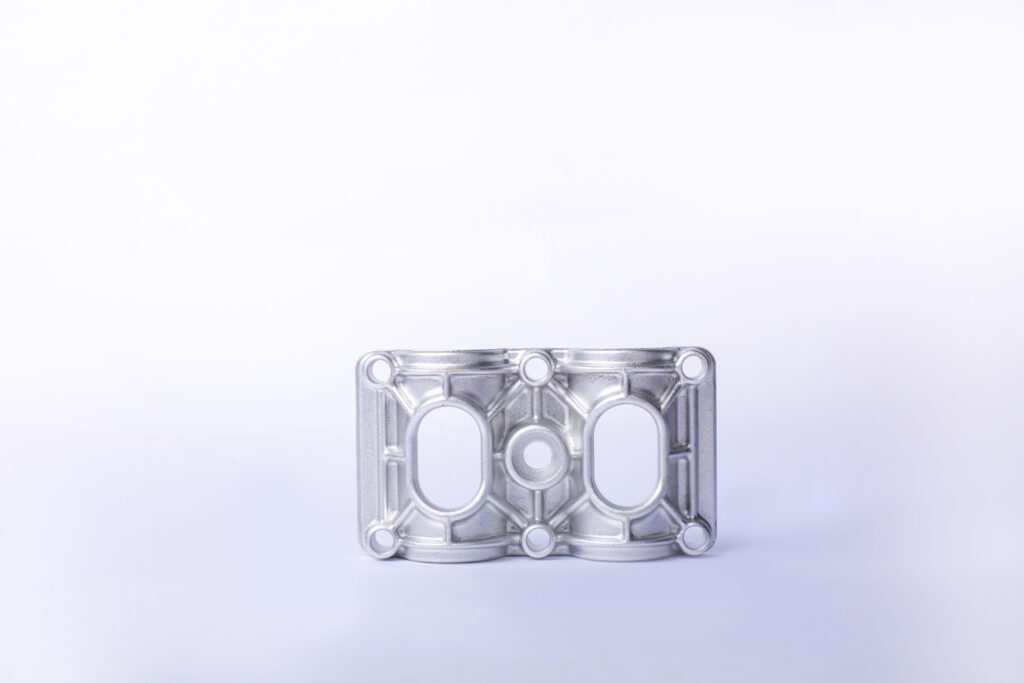
Conclusion
Aluminum forging is a complex process that requires expertise, precision, and advanced technology. MINGYU Tech excels in producing high-quality forged aluminum components for various applications. From material selection and heating to forging, heat treatment, and machining, each step is meticulously controlled to ensure superior results. With applications spanning automotive, aerospace, industrial, and specialty sectors, forged aluminum offers unparalleled strength, durability, and versatility.

